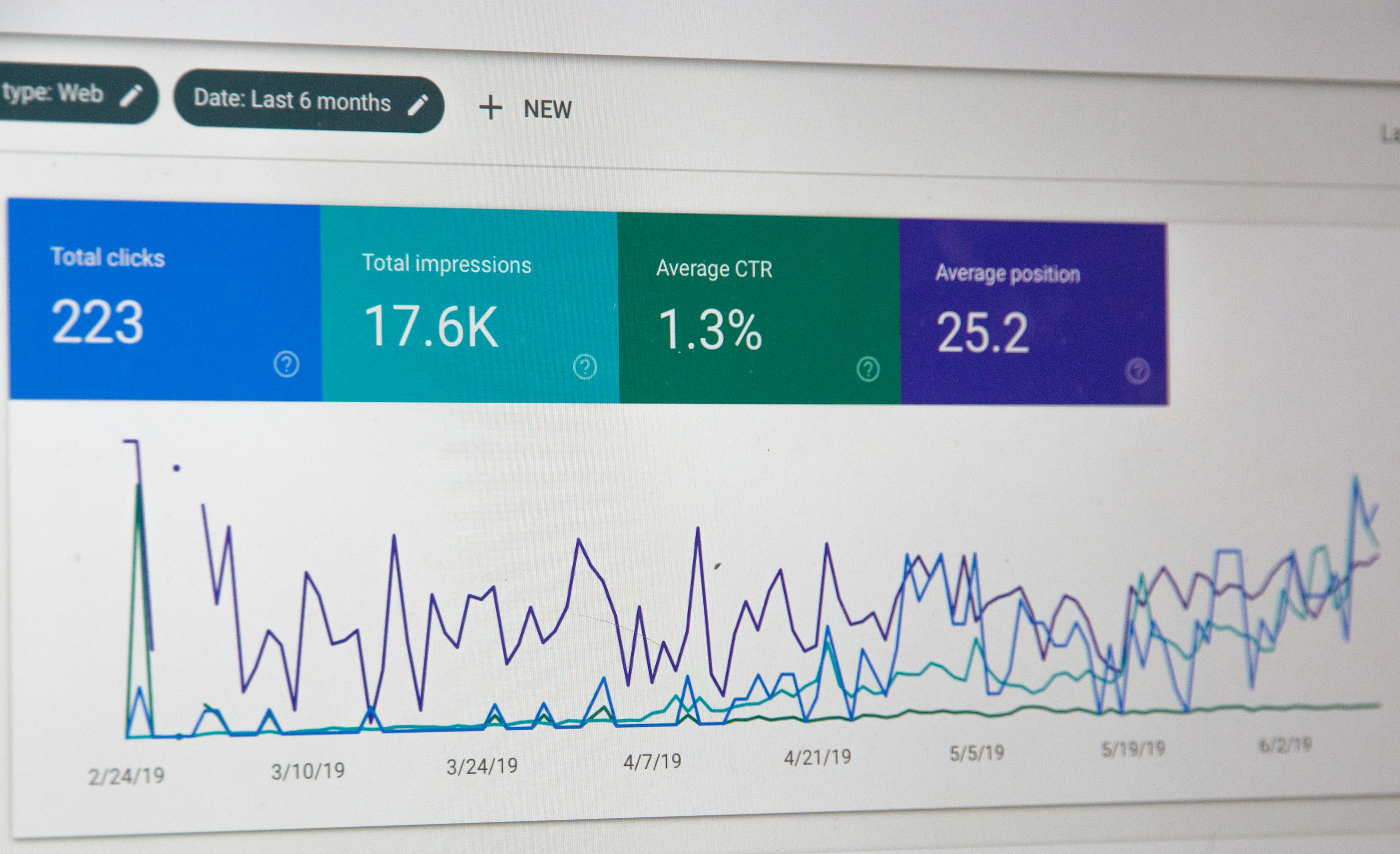AI-Driven Customer Service: The New Standard in Business

AI-Driven Customer Service: The New Standard in Business
"Your call is important to us" – we've all heard that message, usually followed by 20 minutes of hold music. It's the perfect example of how traditional customer service has failed us. But something interesting is happening in the industry. While analyzing customer service transformations at echome.pro, I've noticed a fundamental shift in how businesses approach support.
A Personal Journey Through Customer Service Evolution
I remember my first customer service job fifteen years ago. We had scripts, standard responses, and a lot of frustrated customers. Fast forward to last month, when I watched a small tech company handle 10,000 support tickets in a day with just five team members. The difference? AI that actually understands context and human emotion.
What's Really Working Now
The most successful companies I've worked with aren't just throwing chatbots at their customers. They're using AI in ways that might surprise you:
Smart Prioritization
One company I advised was drowning in support tickets until they implemented AI triage. But here's the interesting part – they didn't use it to automate responses. Instead, they used it to ensure that their human agents were spending time on the conversations where they could make the biggest impact.
Predictive Support
Last week, I saw a system flag a potential issue before the customer even noticed. The support team reached out proactively, turning what could have been a complaint into a moment of delight. That's the kind of experience that builds loyalty.
Implementation Best Practices
-
Start with Clear Goals
- Define success metrics
- Identify pain points
- Set realistic expectations
- Plan implementation phases
-
Focus on Customer Experience
- Maintain personal touch
- Ensure easy escalation
- Collect feedback
- Continuously improve
-
Train and Support Staff
- Provide AI tools training
- Define escalation protocols
- Encourage feedback
- Monitor performance
Measuring Success
Key metrics to track:
- Response time
- Resolution rate
- Customer satisfaction
- Cost per interaction
- Agent productivity
Real-World Impact
Recent studies have shown that AI-powered customer service solutions can:
- Reduce response times by up to 80%
- Increase customer satisfaction scores by 35%
- Lower operational costs by 40%
- Handle up to 70% of routine inquiries automatically
- Improve first-contact resolution rates by 25%
Future Trends
The future of AI in customer service includes:
- More sophisticated language understanding
- Better emotion recognition
- Enhanced personalization
- Improved predictive capabilities
- Seamless omnichannel integration
Getting Started
To implement AI-driven customer service:
- Assess current operations
- Identify key improvement areas
- Choose appropriate AI solutions
- Train staff and customers
- Monitor and optimize
Conclusion
AI-driven customer service is no longer a luxury – it's a necessity for businesses wanting to remain competitive. By implementing these technologies thoughtfully, companies can provide better service while reducing costs and improving efficiency.
The Human Stories Behind the Numbers
Numbers tell part of the story – like the 80% reduction in response times or the 35% increase in satisfaction scores. But the real impact is in the individual experiences. Take Maria, a customer service manager I worked with recently. She was skeptical about AI at first, worried it would make her team's interactions feel robotic. Six months later, she told me something unexpected: AI had actually made their service more human.
How? By handling the routine tasks, AI freed her team to spend more time on complex issues where empathy and creativity matter most. They're now having longer, more meaningful conversations with customers who really need that human connection.
Where We're Heading
The future of customer service isn't about replacing human agents with AI. It's about creating partnerships between humans and machines that play to the strengths of both. The best implementations I've seen treat AI as an enabler of human connection, not a replacement for it.
And that's what excites me most about this field. We're not just making customer service more efficient – we're making it more human. In a world of automation, that's something worth celebrating.


